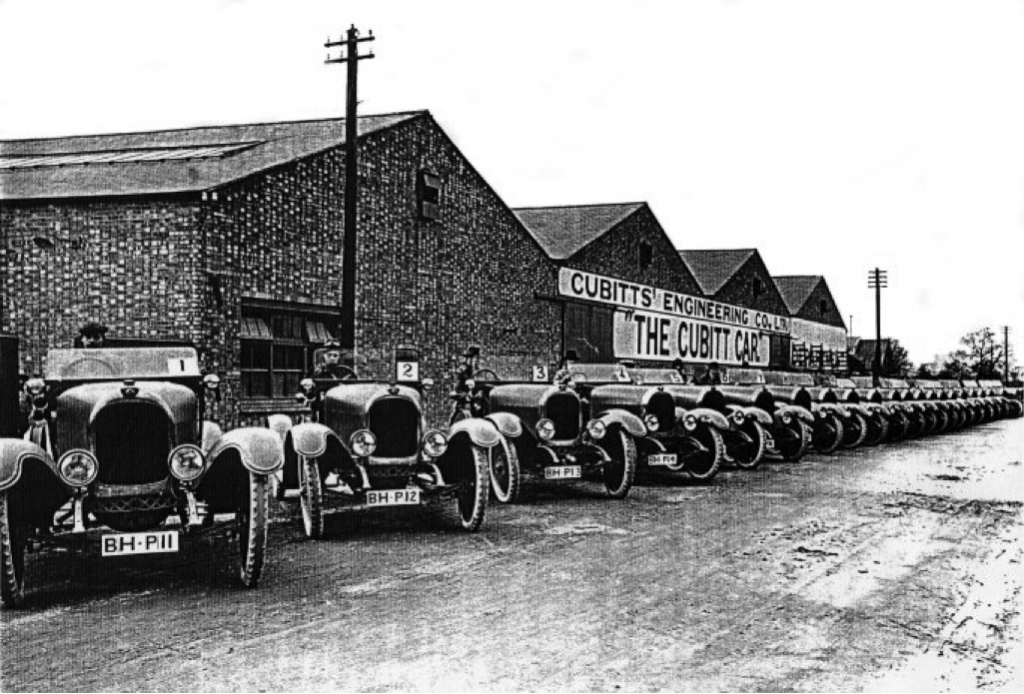Launch of new CBiS research theme / Shutterstock
Dr. Andrew Perchard, Centre for Business in Society
In the aftermath of the 2007 financial crisis, prominent economists, from the IMF’s Chief Economist Olivier Blanchard to Nobel prize-winner Paul Krugman, lined up to remind the world of the lessons that might have been learnt from history had there been a receptive audience. Ensuing discussions underlined why understanding of the past was as crucial not only to presage such global crises but also to avoid misleading comparisons with the past; in short, to encourage history as a critical part of the toolkit of rigorous analysis in the academy and amongst policy shapers and makers. In the UK, this followed warnings by leading economists, such as Geoffrey Hodgson, that by ignoring economic history university economics departments were impoverishing the training of economists. This criticism was brought to the fore again by protests by economics students at the University of Manchester, involved in the post crash economics society who argued, that their economics programme was failing them, including overlooking economic history. This subsequently led to a reform of economics programmes from 2014, to include economic history as an integral part of new economics programmes.
The launch of the Economy, Society and History (ESH) cluster within the Centre for Business in Society reflects the importance of history to analysing pressing questions about the role of business in society, focusing around the themes of economic and social development, institutional environment and changing business models, and entrepreneurship and innovation. The ESH collectively and through the projects of individual researchers cuts across many of the concerns of the Centre such as economic development, sustainability, security, and the circular economy, governance and ethics. Key to the development of this cluster has also been the enthusiasm and interest shown by staff to demonstrate the value that history can bring to confronting major issues facing society and the global economy. Research by cluster co-leader Prof. Tom Donnelly and research fellow Dr Jason Begley brings vital historical understanding to the automotive sector, as well as to the dynamics of regional and national economic development. Fellow cluster co-leader, and CBiS senior research fellow, Dr Andrew Perchard‘s work on the history of the international political economy of minerals sheds light on enduring and pressing societal problems relating to the impact of this global business from the volatility of commodity markets, trade inequalities, through to the sustainability and security of supply chains, and its ecological and social impact. As Dr Perchard illustrated in his 2015 blog post, this touches all of our lives. Since 2012, Perchard – previously head of energy supply policy for the Scottish Government before returning to academia – formed the History and Strategic Raw Materials Initiative with colleagues at the Norwegian University of Science and Technology he has sought to work with policy makers and scholars in other fields, to encourage the use of history in raw materials planning. Most recently he has been collaborating with the British Geological Survey and Chatham House in seeking to advance this work.
The involvement of PhD students in the Cluster’s work is seen across a number of areas. The research being undertaken by second year PhD students, Malte Busch and Alessandro Stuart Di Bona, is indicative. Busch’s work on the corporate social responsibility in the car industry, and Di Bona’s on corporate political activity in the European aerospace sector, supervised respectively by Cluster members Perchard and Begley, and Perchard and Professor Neil Forbes, makes a valuable contribution to ongoing work by Begley and Donnelly on the automative industry and Perchard and Forbes on corporate political activity.
Dr Perchard remarked: “The members of this cluster demonstrate a clear drive to put history at the heart of developing initiatives to address pressing societal issues, offering vital insights from history to developing a thorough understanding of the challenges and opportunities confronting us. Equally important is in highlighting where past behaviours differ, and in correcting the misapplication of historical examples to justify new initiatives.”
Dr Andrew Perchard is Senior Research Fellow, Director of Postgraduate Research, and Cluster Co-Leader, Economy, Society and History, Centre for Business in Society. He is also Director of the History and Strategic Raw Materials Initiative. His publications include Aluminiumville: Government, Global Business and the Scottish Highlands (Carnegie, 2012), (with Ingulstad and Storli) (eds.) Tin and Global Capitalism, 1850-2000: A History of the “Devil’s Metal” (Routledge, 2014), and (with High and MacKinnon) (eds.) Deindustrialization and Its Aftermath (University of British Columbia Press, forthcoming).
Prof. Tom Donnelly is Professor of Automotive Business at the Centre for Business in Society. His research has focussed on a number of areas in economic history and economic development with a high concentration on the international automotive industry and he was later appointed Professor of Automotive Business. As part of his research, Tom was a founder member of the Centre for Local Economic Development (CLED), the Centre for Business History (CBH) and the Motor Industry Observatory(MIO) with all three now forming part of CBiS. The MIO is consulted regularly by national and international media to comment on events in the car industry. Tom has also been a Visiting Professor at the Institut d’Administration des Entreprises at the University of Caen, Oulu University of Applied Sciences in Finland, and the Silesian University in the Czech Republic. Finally, he is an Associate Editor of the Dictionary of National Biography (OUP).






Comments are disabled